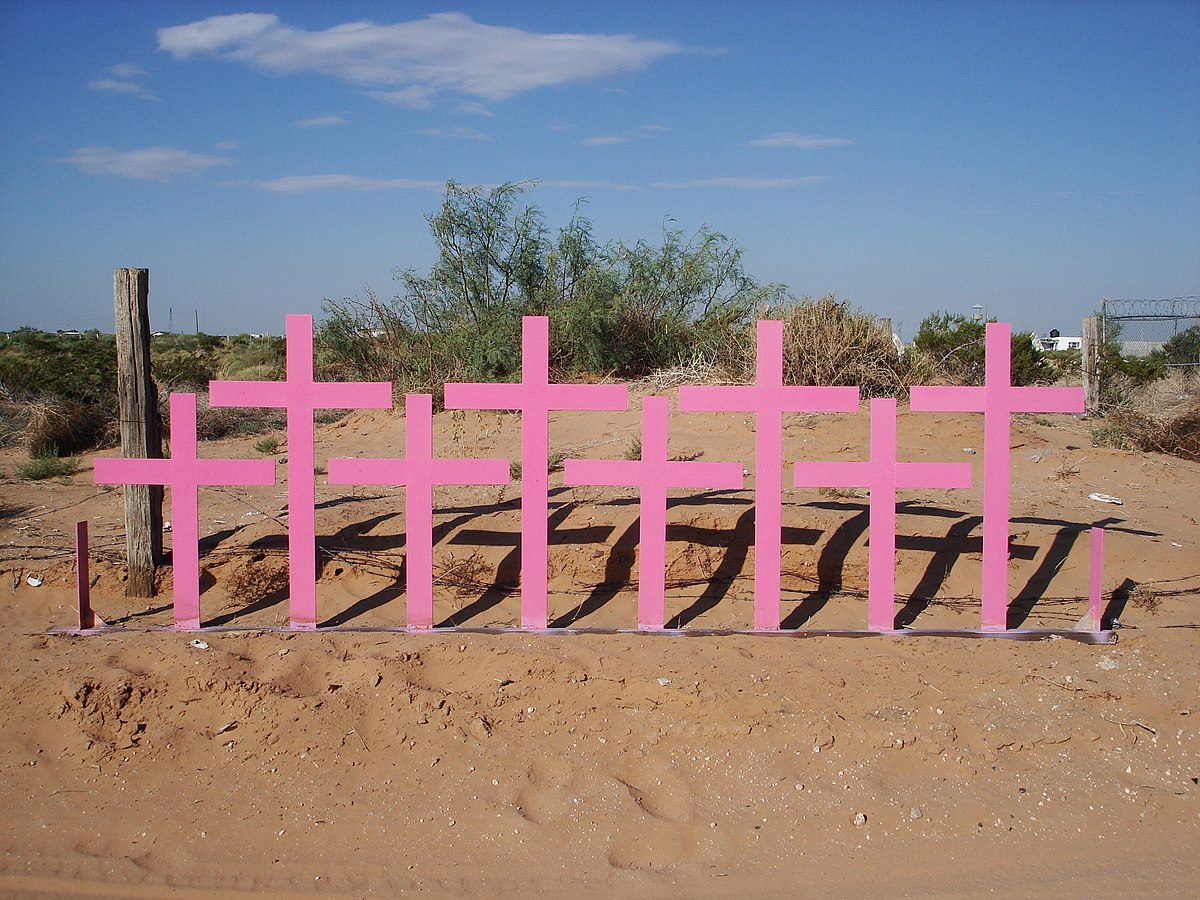There has been a lot of talk in the news recently about government and state officials acting independently or in small consortiums as they work to flatten the pandemic curve. From going it alone by issuing citywide mask ordinances and statewide quarantine requirements for visitors to teaming up with other states to buy personal protective equipment (PPE) as they fight COVID-19, these patchwork decisions lead one to wonder, what does it mean to be a part of a society? While instinctively, we might say that a society is a group of people within a particular land area or territory, sociologists would argue that it is much more than this description. Sociologically, a society is a large group of people associated by shared culture and institutions. Let’s take a moment to consider what that really means.

Society and culture go hand in hand. Culture, the socially learned and shared ideas, behaviors, and material components of a society, consists of all the things that people within society create and use. These can be physical objects, also known as material culture, or ideas, which sociologists call nonmaterial culture. In a society, people have to use various physical objects and ideas, or they tend to slip into obscurity. Take, for example, language, words and symbols used to communicate. Language is a big part of culture. Many words that used to be a common part of our language are not used anymore. Have you ever used the word “groak?” Probably not. On the other hand, you may have been groaked and not realized it. What is groaking, you ask? It is silently watching someone eat and hoping you will be asked to join them. Collectively, we as members of society don’t use the word groak anymore, so it has fallen away from our culture even if the action itself still exists. Culture (including language) can’t survive without society collectively agreeing to maintain it.

Being part of a society also means that we have common social institutions, structures in society providing the framework for governing the behavior of individuals in a community or society. Examples of social intuitions include family, education, religion, economy, and the government, to name a few. These institutions do not just operate independently of each other. They work together to support and reinforce each other. One of the biggest challenges of the COVID-19 crisis is that social institutions are having trouble operating how we need them to in order to maintain societal stability. The communicability of the coronavirus makes it hard for schools to operate, which means that families can’t use the educational system to educate and watch their children during the day while the parents participate in the broader economy. Similarly, states are running into roadblocks working with the federal government, so they are acting independently or in small consortiums to meet the needs of their segment of society.
So, what does it mean to be a society? It means that the people within a particular territory use culture and social institutions to help them get along with one another.
Thompson is a co-owner of UITAC Publishing. UITAC’s mission is to provide high-quality, affordable, and socially responsible online course materials.
Images used in this blog:
- “People on the crowded street” by Christopher Ugale is licensed on Pexels. This image has not been altered.
-
“Three Toddler Eating on White Table” by Naomi Shi is licensed on Pexels. This image has not been altered.




